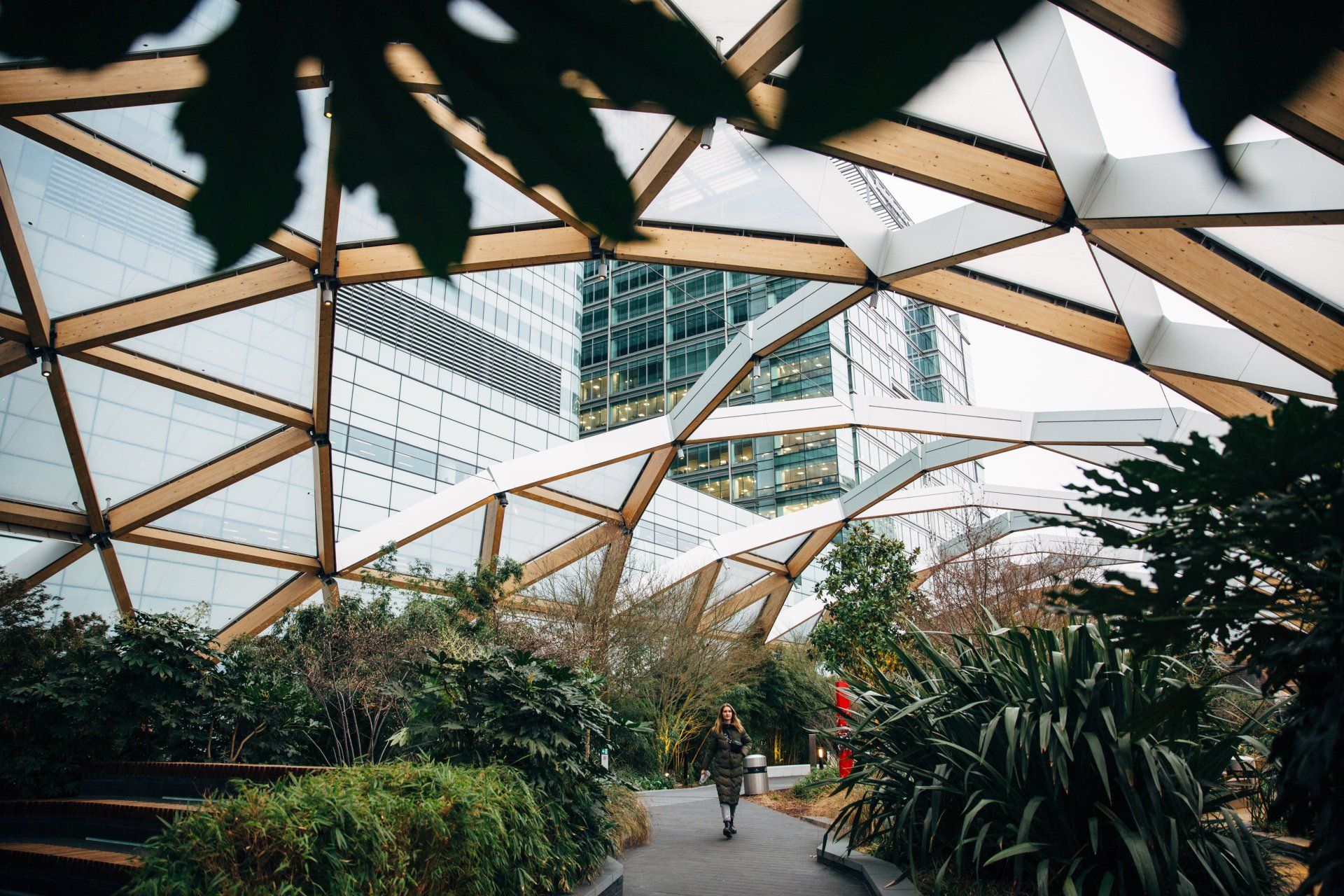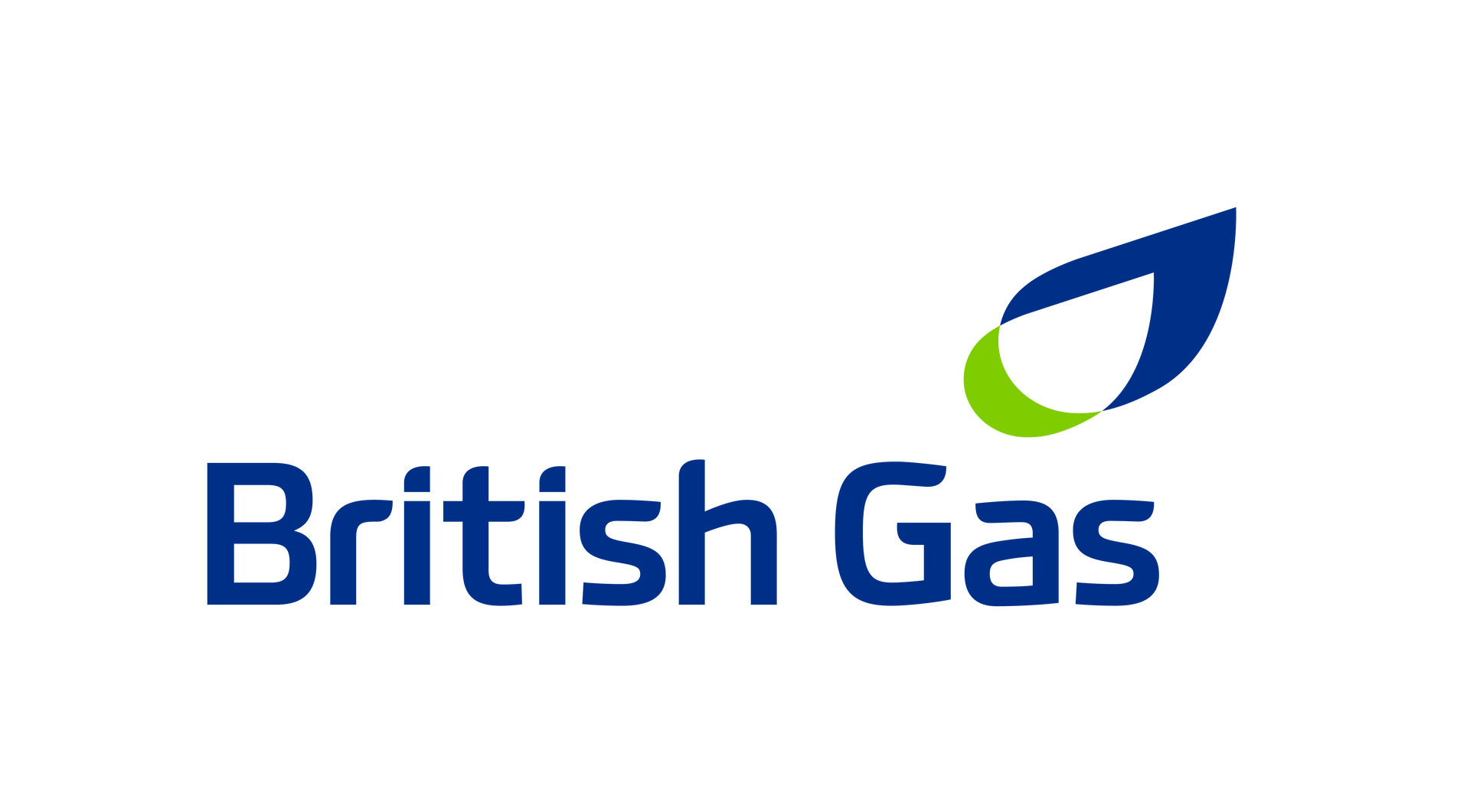Bill Sisson, who works with members of the World Business Council for Sustainable Development, gives his perspective on how to stay competitive when climate change threatens market disruption.
Be a flywheel for change
When times are uncertain and disruption from climate change is inevitable, organisations need to shore up their business resilience. But too many organisations do not understand the urgency to act or know what to do.
As part of our new report,
Why wait to pursue net zero? Build a sustainable business model now,
we interviewed Bill Sisson, Executive Director of the World Business Council for Sustainable Development (WBCSD) in North America. Here, he tells us why embracing stakeholder capitalism and operating a sustainable business model are now the keys to resilience.
Do you think there is a lack of action by companies to prepare for net zero? If so, what is the best way to get them started?
The first thing is for organisations to recognise that they need to do something. Some companies – especially those in oil and gas, chemicals production or heavy industry – really have to rethink their entire business model. The big issue for a lot of companies is also the unknown in their supply chain. Only 15% of small and medium-sized enterprises are actually assessing their [Scope 3] footprints.
It is going to take concerted effort by the leading companies to show others the way and act as the catalyst. At WBCSD we have brought together the companies that want to act as first-movers to start the transition. It is going to be hard to both lead and pull the others along, but it is essential.
A study showed that of the S&P 500-listed companies, 30% have drafted ambitions but some 40% have not defined anything. So that is a challenge. We really need the 30% to lead and in so doing, the competitive nature of the other companies will ensure that they commit to net zero. They will have no other choice.
On that note, companies’ and investors’ attitudes towards sustainability have changed markedly over the past few years. Why do you think that is?
For the past 20 – 30 years, the main focus for most businesses was taking care of their shareholders and their profits. That has shifted – driven by climate change and other big issues, such as inequality, human rights and gender equality. And then there is the governance around how companies manage these issues.
Over the past 25 years, we have moved from taking this on purely because of regulatory pressures to realising that addressing sustainability and social issues is the only way forward. That is where the notion of stakeholder capitalism comes in.
How would you define stakeholder capitalism?
It is about how companies see beyond their shareholders and quarterly reports. It is about their responsibility to a broader set of stakeholders – whether their employees, their supply chains or their consumers.
Companies today see ESG (Environmental, social and corporate governance) as their licence to operate. And rightly so. Consumer habits are shifting: people are looking more carefully at the products they purchase and whether they come from companies that care about the environment and treat well the people who make the products. This is also driving the type of company a person wants to work for – particularly millennials and Gen Z. They are looking more carefully at the companies that make the products they purchase and where they want to work.
If we can make businesses more sustainable, they will be more successful in the long run. Those that do not follow sustainability practices will probably find themselves in a very difficult situation 10 years down the road – if they are able to do business at all.
Businesses might have expanded the scope of their accountability beyond shareholders, but investors are also increasingly interested in ESG performance. How can companies address that?
Assembling and reporting ESG information is still a work in progress. WBCSD adheres to the Taskforce for Climate-related Financial Disclosures (TCFD), which aims to drive the private sector towards a common framework. We need to drive towards common standards, towards harmonisation and simplification of those standards so it does not take three months to prepare the disclosures investors need.
Twenty years ago, ESG was not a metric that the mainstream financial community was paying attention to, but that has changed. In 2020, companies that were strong on ESG outperformed their peers, and the financial community is starting to reward those companies with a lower cost of capital – investors believe those companies are better run and best positioned to achieve long-term success.
To find out more about how sustainable business leaders are balancing the demands of planet and profit, download our new report "Why wait to pursue net zero? Build a sustainable business model now"




